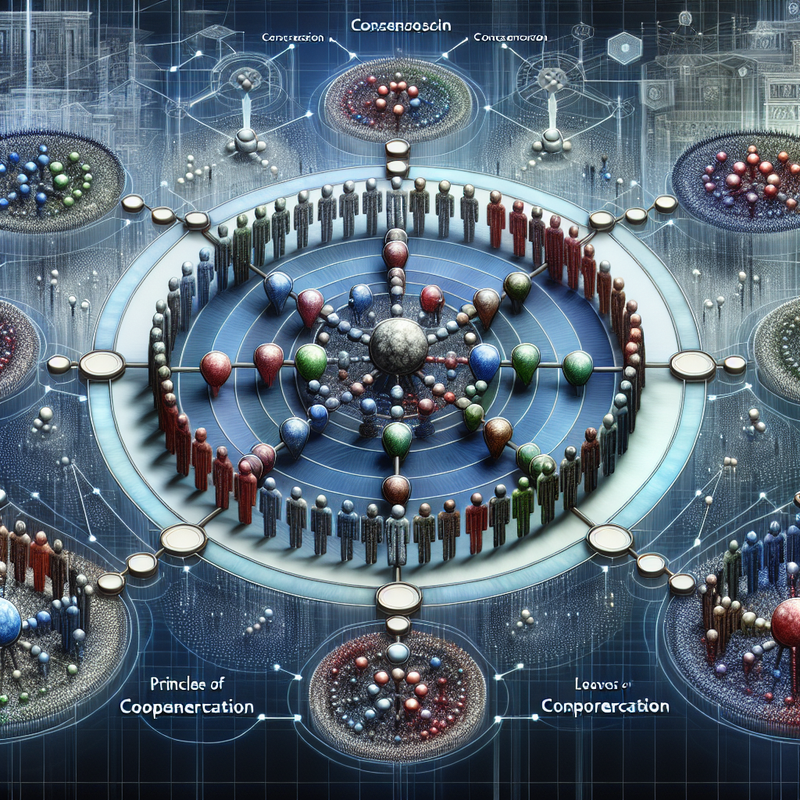“`
May 9, 2024
The performance of vast language-processing systems, central to modern AI, faces a notable hurdle: their responses can vary unpredictably based on the way questions are formulated. Whether posed as an open-ended or multiple-choice question, the same inquiry can lead to different outcomes. MIT’s doctoral candidate, Athul Paul Jacob, highlights this issue, remarking, “A discrepancy emerges when there’s a variation in question phrasing.”
Pursuing Uniformity in Responses
To bolster the trustworthiness of these vast linguistic models, Jacob’s team has engineered a method grounded in game theory, known as the consensus game, which aims to foster consistency within the model’s responses. Shayegan Omidshafiei of Field AI notes the scarcity of research on internal consistency in AI models, lauding this novel method as an ingenious solution that utilizes an internal game to achieve harmony in the model’s answers.
The innovative nature of this approach has not gone unnoticed—with Ahmad Beirami of Google Research applauding the breakthrough and its potential to spawn a host of fresh applications.
In the consensus game, two components of the language model—the generating unit and the evaluating unit—are brought into a controlled competition, seeking common ground in their answers. To converge on consistent responses, the AI engages in a series of approximately 1,000 iterative rounds, gradually honing its responses, as Jacob elucidates.
Through rigorous trials, the enhanced models revealed notable improvements in both precision and internal consistency, surpassing the performance of even bigger models lacking this training.
Expanding Horizons and Forward Thinking
Jacob and his team at MIT are now examining other opportunities to embed game theory within large language model research, with a special interest in strategic dialogues and bargaining scenarios. Ian Gemp of Google DeepMind suggests that incorporating game theory could revolutionize strategic language applications.
As the application of game theory in refining language models continues to gather momentum, Jacob foresees a merge of these strategies with AI, potentially elevating the technology’s abilities and its practical deployment in the world.
Quanta Magazine, an independent outlet funded by the Simons Foundation, has provided this insightful report as part of their ongoing coverage of AI advancement.
“`
























